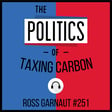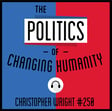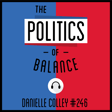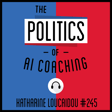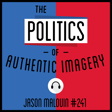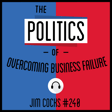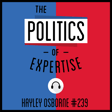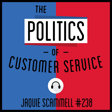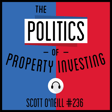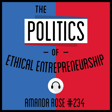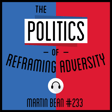
227: The Politics of Career Changes - Charlotte Blair
Known as the coach's coach, Charlotte Blair is someone who believes in living each day to the fullest, aiming for ten out of ten types of days, every day. As an International Coaching Federation (ICF) Professional Certified Coach (PCC) and one of Australia’s most experienced Gallup Accredited Strengths Coaches, she loves helping people find their passion and purpose, and play to their strengths. As the founder of The Strengths Partners Charlotte works with individuals, teams and organisations across the world to help them discover and use their strengths to meet their goals. She is dedicated to helping people get career unstuck and love work again, like she did herself. She also has a new book Career Unstuck (Grammar Factory $32.95) outlining a clear path to career fulfilment.
In this podcast, hear from Charlotte on:
1. How has changing careers evolved in your own working life? From staying in jobs for years or life to making leaps into new jobs or sectors every few years, what is the new normal?
2. Is seeking purpose at work always necessary and surely this is often driven by a life-stage or even a degree of privilege? Please share your views.
3. How can people get unstuck at work and life? Are they always integrated?
4. Not everyone is made for corporate life or running a business. How can you guide people to find what is best for them and understand how to get there faster?
5. What is the cheer squad we need for success in this area?
6. Takeaway: What is your final message for us on The Politics of Career Changes?
Connect further:
https:www.thestrengthspartners.com
LinkedIn: https://www.linkedin.com/in/charlotteblair
Book Weblink: https://www.careerunstuck.com.au/
POE LISTENER OFFER: Hey podcaster friends. Please note we have a new updated link for the 30% discount code for my Zencastr offer if you decide to use that platform as your own podcast recording and hosting place – even transcripts and videos included. For a 30% discount on your Zencastr platform subscription and to get podcasting faster, use this VIP Link: http://zen.ai/thepoliticsofeverything30
#madeonzencastr
